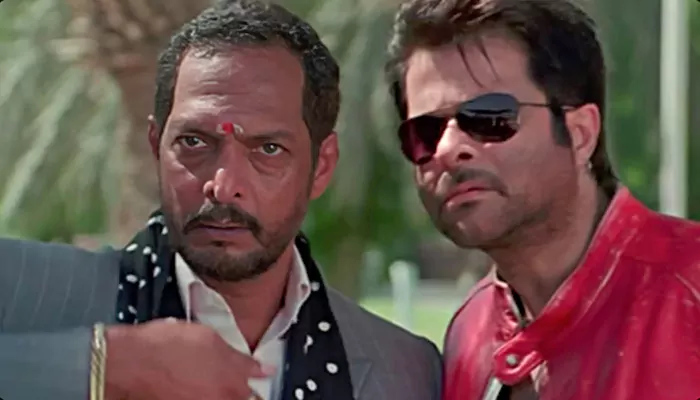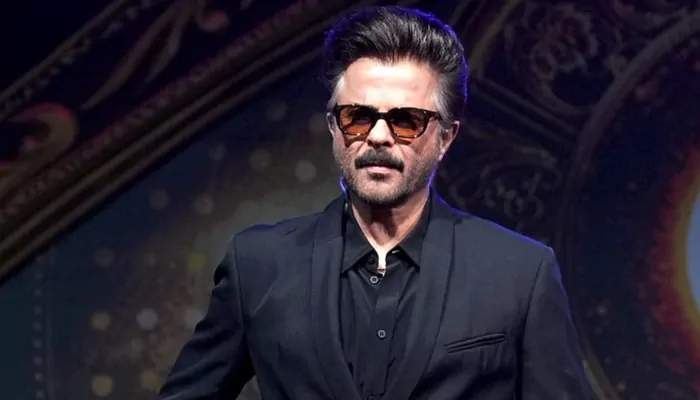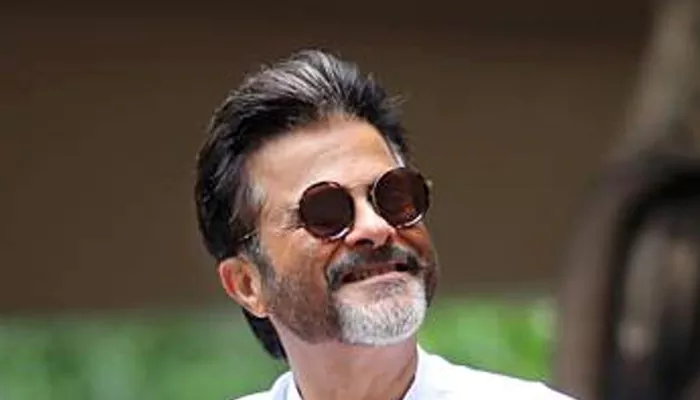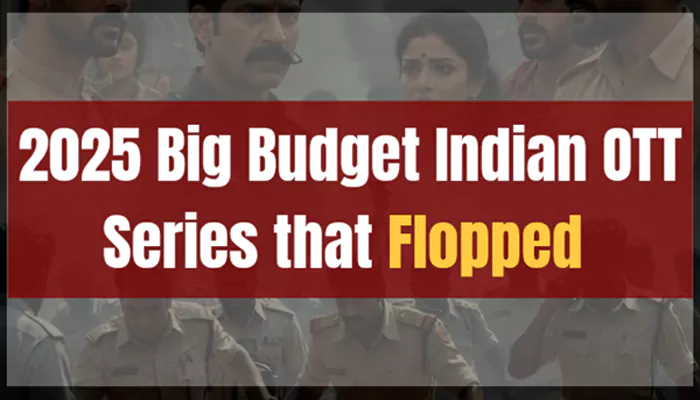Bitcoin Breaks on Through: Jim Morrison's Fantasy Birthday Fête in the Cryptocurrency Realm
- Admin
- 2 years ago
- 9 minutes read

Jim Morrison had he witnessed the contemporary world, might have delved into the intricate realm of Bitcoin. The Lizard King possessed both the ideological mindset and the zeal to embrace the currency of liberated individuals, ensuring that Mr. Mojo wouldn't be the sole entity thriving during bullish periods. Figures like William Shatner and Paul Tudor Jones wouldn't find themselves isolated as "boomer" bitcoin enthusiasts either.
Hailing from a lineage of a US Navy admiral who served in World War II, Korea, and Vietnam, Morrison nurtured a deep disdain for authority. Contrary to following in his father's military footsteps, he spent his brief adult years exploring the multifaceted facets of freedom. In his poetry and interviews, one can discern his yearning for freedom, not merely as a transient justification for his rockstar revelry but as a goal stemming from individual desire, destined to resonate throughout society.
Amidst the hedonistic wave of the 1960s countercultural movement, Jim Morrison reveled in pushing boundaries. Rebelling against his parents, he pursued an artistic career, joined a rock band sans any musical education, defied instructions on the Ed Sullivan Show, and, purportedly, even pushed the limits by exposing himself on stage during a 1969 Florida concert.
Riders on the Storm
Beyond Jim Morrison's iconic rebellious stage persona lies a deep appreciation for innovation. Throughout his brief adulthood, he eagerly embraced groundbreaking technologies, integrating them seamlessly into his artistic endeavors. Morrison was notably forward-thinking, selecting a cutting-edge studio with an 8-track tape recorder, surpassing the industry standard of his time. Even in filmmaking, he ventured into the realm of psychedelic imagery before it gained mainstream recognition.
Given Morrison's keen interest in emerging technologies and his almost prophetic foresight, one can easily envision a 76-year-old Morrison sporting a Trezor hardware wallet, a stark contrast against his signature tight leather pants.
So, what sets Jim Morrison up as the quintessential Bitcoin enthusiast? Analyzing his lyrics and interviews unveils a rebellious nature, a defiant attitude, and a profound philosophical approach to life. It becomes apparent that Morrison, with his innate inclination towards challenging norms, would likely have delved into the realm of Bitcoin long before the pivotal year of 2020.
Verses Suited for a Bitcoin Troubadour
The End
The inaugural album by The Doors presented an assortment of love ballads and quasi-philosophical musings, admittedly not delving deeply into the theme of freedom. However, a noteworthy departure emerges in "The End," where Jim Morrison melodically contemplates:
“Can you picture what will be, so limitless and free, desperately in need of some stranger’s hand in a desperate land?”
The concept of a freedom paradox, wherein absolute autonomy distances us from essential connections, resonates with a poignant undertone. Fortunately, Bitcoin addresses this under its perpetually interlinked peer-to-peer structure — one is never isolated within the network, and engagement entails synchronous interaction with a myriad of emancipated strangers.
Unhappy Girl
The second album from the band, "Strange Days," showcases some of their most memorable tracks. Amidst these, the often overlooked B-side, "Unhappy Girl," prompts listeners to ponder their freedom and break free from metaphorical prison cells. The vivid imagery predates Neo's red-pilling by 32 years.
“Tear your web away, saw through all your bars. Melt your cell today, you are caught in a prison of your own device.”
The lyricist behind these words would have embraced the notion of liberating oneself from the shackles of central banking and a financial system that ensnares everyone in debt. Jim Morrison, undoubtedly perceptive, appeared attuned to such awareness, making him a potential advocate for Bitcoin's cause.
Do It
“Do It” stands as a hidden gem within the 1969 album “The Soft Parade.” Kicking off with a shamanic invocation, it seamlessly transitions into Morrison's trademark sensuality during the bridge. The repeated chorus echoes a cryptic message:
“Please listen to me children, you are the ones who will rule the world”
Though the lyrics remain ambiguous, it's intriguing to consider Jim Morrison's faith in the power of the next generation, namely Gen X, potentially including the mysterious Satoshi Nakamoto. If the enigmatic poet saw the future in the hands of the upcoming generation, he likely would have welcomed technological advancements with an open mind.
The Soft Parade
Discussing "The Soft Parade" album, Morrison reflects on the intersection of hard work and money in its titular track.
“All our lives we sweat and save, building for a shallow grave, must be something else we say, somehow to defend this place.”
Essentially, the poet challenges listeners to seek a more responsible financial system, one that eradicates "shallowness" while preserving the stability of our existing framework.
Though it took four decades, Bitcoin emerged as a proposition for a parallel economy, promoting trust and integrity. Whether or not Satoshi Nakamoto ever tuned in to The Doors, Jim Morrison conveyed a timeless ideal of freedom that only materialized with the advent of Bitcoin.
How might Jim Morrison reflect on the Phenomenon of Bitcoin?
Jim Morrison bequeathed us a plethora of enduring and impactful quotations, primarily shared through interviews. However, delving into his non-musical poetry unveils an underlying crypto-anarchist essence within his profound psyche.
Freedom Exists
In his poignant piece, "Freedom Exists," Morrison eloquently dissects societal dynamics, drawing a vivid contrast between freedom and the confines of prisons.
“Did you know that freedom exists in school books? Did you know madmen are running our prisons?”
The underlying essence here underscores the transformative power of education, challenging the assumption that those in authority necessarily embody wisdom and mental stability. It beckons the question: wouldn't a revolutionary thinker be intrigued by a financial innovation challenging the established economic and political norms?
Undoubtedly, Morrison would have delved into the realm of Bitcoin, immersing himself in the "school books" of Bitcointalk and Twitter, passionately exploring this groundbreaking financial frontier.

Standing For Our Freedom
In the tumultuous 1960s, amid the fervent exploration of individual and collective freedom, Jim Morrison voiced discontent over the widespread reluctance to assert rights. He perceived a tendency to take freedom for granted, reduced to mere lip service seldom followed by tangible actions.
“How can I set free anyone who doesn’t have the guts to stand up alone and declare his own freedom? I think it’s a lie — people claim they want to be free — everybody insists that freedom is what they want the most, the most sacred and precious thing a man can possess. But that’s bullshit! People are terrified to be set free — they hold on to their chains. They fight anyone who tries to break those chains. It’s their security. How can they expect me or anyone else to set them free if they don’t really want to be free?”
In contemporary times, Morrison likely would have cited Bitcoin as a poignant illustration of society's preference for security over liberty. Rather than embracing a peaceful financial revolution, the masses opt to clutch onto the chains of fiat debt. This societal critique echoes Morrison's historical exclamation to his audience: "You're all a bunch of slaves," a proclamation met with surprising applause.
Freedom Begins with Individuals
Immersed in Nietzschean philosophy, Jim Morrison, a devoted reader, keenly observed societal dynamics during the Cold War era. Recognizing that revolutions stem from individual will rather than imposed leadership, he embraced the concept of self-improvement as a catalyst for broader change.
Morrison's wisdom, encapsulated in his quote, resonates with the voluntary nature of the Bitcoin network. It offers individuals liberation from governmental constraints, aligning with the notion of a "personal revolution" grounded in the pursuit of authentic choices. The path to a "large-scale revolution of hyperbitcoinization" lies in the hands of proactive free thinkers and their private initiatives.
“The most important kind of freedom is to be what you really are…There can’t be any large-scale revolution until there’s a personal revolution, on an individual level. It’s got to happen inside first.”
In navigating the landscape of philosophical musings and socio-political reflections, Morrison's intellectual depth mirrors the ethos of those embracing Bitcoin—a medium for personal and collective liberation.
Freedom through Anarchy
Jim Morrison's potential affinity for Bitcoin becomes evident in his emphasis on freedom within his philosophical outlook. His endorsement of disorganized and spontaneous rebellious movements aligns with the principles of cryptocurrency.
“I am interested in anything about revolt, disorder, chaos — especially activity that seems to have no meaning. It seems to me to be the road toward freedom.”
If Morrison appreciated the social movements of the 1960s, he likely would have found resonance in peacefully protesting his government from the confines of his home through bitcoin transactions. Anarchy through cryptography, a facet of the cypherpunk ethos, prioritizes privacy and freedom of speech over compliance, as articulated by Tim May in "The Cyphernomicon."
Initially, the cypherpunk movement's concerns seemed excessive and ideologically-driven, with a focus on government regulation, surveillance, and free speech censorship. However, revelations like Edward Snowden's leaks and instances of speech censorship have validated these concerns. Jim Morrison, witnessing these events, would likely have championed awareness about internet surveillance and advocated Bitcoin as a means to escape the panopticon of a cashless society.
In the Present Day, How Would Jim Morrison Safeguard His Bitcoin Holdings?
Jim Morrison, with his innate distrust of authority, would likely handle his bitcoins with the same care as his cherished poetry books. Similar to how he guarded his literary treasures, he would keep his digital assets close, alluding to them mysteriously during recording sessions, perhaps revealing glimpses of his hardware wallet selectively.
For someone like Jim Morrison, who valued freedom and autonomy, only devices like the Trezor One and the Trezor Model T could meet his stringent criteria for trustless security. Anything demanding blind faith in external authorities contradicts the essence of The Lizard King's spirit, aligning seamlessly with his penchant for independence and self-reliance.












